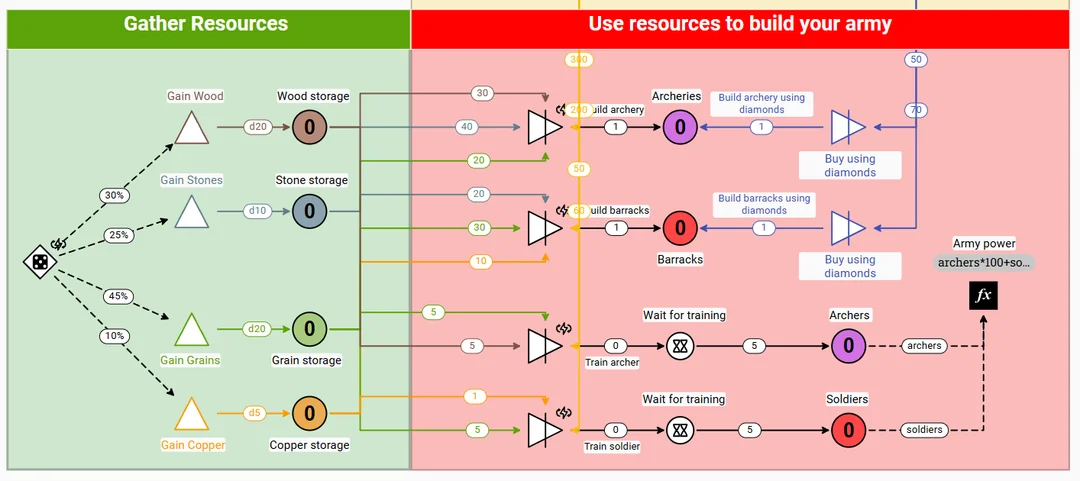What is "Puzzle Challenge"?
In game design, a puzzle challenge refers to a gameplay segment or activity that requires players to solve a specific problem or overcome an obstacle using mostly real-time skills such as timing, reflex and dexterity. In contrast to regular puzzle stages, where critical and lateral thinking is mostly required, players need to combine one or two mechanics, with certain time and precision, which will let them progress through the level, obtain an item or another type of reward. These challenges can range from simple brainteasers to complex, intricate conundrums, offering players varying levels of difficulty and rewarding their persistence, creativity, and dexterity. They also involve detecting patterns, using or combining mechanics with a specific sequence and timing, as well as mastering the character's abilities. Well-designed puzzle challenges integrate seamlessly into the game's mechanics, narrative, or world, providing a satisfying sense of accomplishment upon successful completion.



